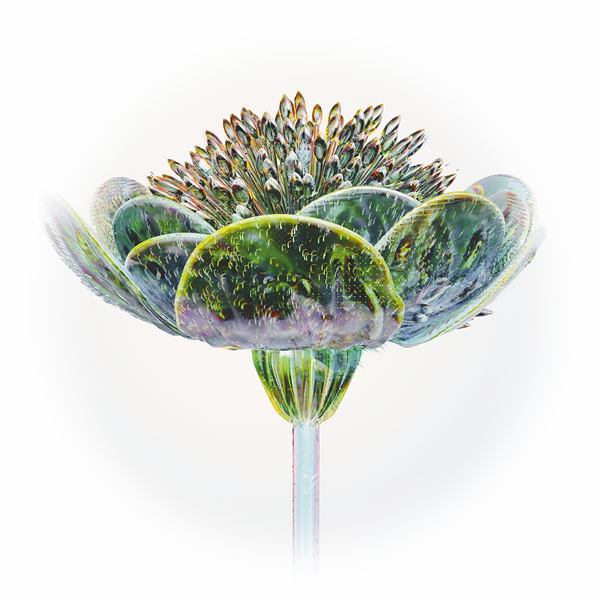Anosmia —also known as smell blindness — and ageusia, the loss of taste functions of the tongue, were relatively obscure terms for many prior to the global spread of Covid-19. Now that a large portion of the world’s population has experienced one or the other, the interest for these conditions has grown exponentially.
When it is not the result of a congenital anomaly, anosmia is often linked to damage to the olfactory nerve leading to a spectrum of experiences ranging from partial or temporary disruptions to complete and/or long-term loss. It generally occurs after a viral infection (such as the flu) or an allergy. It may also be a consequence of some infections of the upper respiratory tract or of a chronic inflammatory disease, can also appear in the context of certain neurological and neurodegenerative disorders, or even following a head trauma.
The consequences of such a loss are not to be treated lightly. They encompass loss of appetite, a diminished sexual drive, heightened anxiety and even depression as people become unable to enjoy the flavors of food and drinks, to recognize and appreciate the smell of loved ones, or even overly self-conscious about their own body odors. The absence of the olfactory dimension leaves individuals grappling with feelings of isolation, confusion, disorientation, and frustration. Human relationships are indeed deeply guided by smell. Its loss thus also results in an impression of losing an important dimension of the world or even of being locked out, severed from a large part of the outside world. Living without the sense of smell can also pose tangible dangers. The inability to detect the smoke of a fire or the telltale odor of gas leaks creates a hazardous environment, emphasizing the critical role that olfaction plays in safeguarding individuals from potential threats. Navigating life without smell isn’t impossible, but it presents some unique and sometimes unexpected challenges.
Interestingly, some people who have turned anosmic are still able to smell in their dreams, as their brain “remembers” scent. Such experiences tend to bring up ambivalent feelings of happiness during the dream, and disappointment upon waking up…
In some cases, the sense of smell may remain forever lost, however, for most people, recovery is possible! The ability to smell usually returns after a few days, sometimes a few months — and in rarer cases, a few years. It indeed takes time for a functional nose-brain circuit to reform since the new olfactory neurons that will insert into the olfactory epithelium must send axons and wire themselves correctly to the olfactory bulb for correct transmission of information to the brain. One of the ways to facilitate these new connections is daily olfactory stimulation which helps to boost neurogenesis. Since the Covid-19 pandemic, smell training protocols have flourished to help people recover their sense of smell. Usually with gradual but positive results. And then what joy it is not only to rediscover the beauty and richness of smells but to regain a sense of safety and belonging! To feel again in connection with the world and the people in it. As people often put it: “It’s like going from black and white to technicolor!”


















